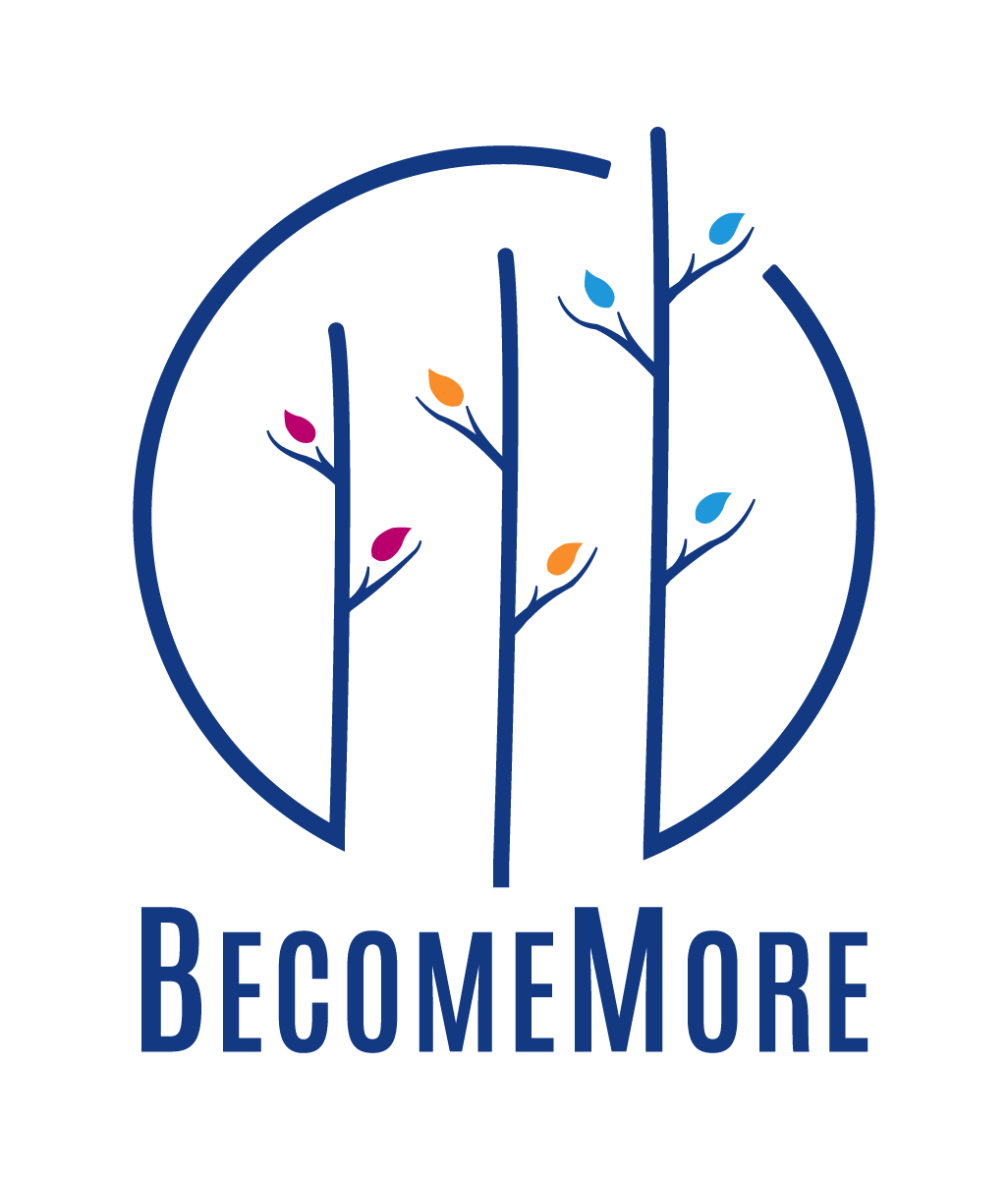1 min read
Unleashing Engagement and Reducing Turnover with Recognition
![]() Scott Burgmeyer
:
2/15/24 4:45 PM
Scott Burgmeyer
:
2/15/24 4:45 PM

You want people to feel valued. In fact, feeling valued is essential—especially at work. It's not just about a warm fuzzy feeling; leaders who make their teams feel valued see increased engagement, lower turnover, and overall success. Three valuable measures of a leader's effectiveness.
At its core, boosting peoples' feelings of value comes from recognition. I'm not talking about gift cards, extra vacation, and pay raises—if those are appropriate, of course use them! AND ensure they are built on a foundation of saying thanks.
From leader to team
Studies show a clear link between managerial recognition and employee engagement. A Workman survey revealed that 83% of employees who feel recognized are highly engaged, compared to only 28% who don't. And as a side benefit, engaged employees are 20% more productive and have 21% higher profitability.
From Peer to Peer
Don't underestimate the power of peer-to-peer recognition too. A report by Deloitte found that 70% of employees say receiving recognition from colleagues motivates them to do great work. It fosters a sense of belonging, strengthens team spirit, and encourages healthy competition. Peer-to-peer recognition empowers employees to build each other up, creating a positive and supportive work environment.
Should Your Organization Have a Formal Recognition Policy?
The numbers speak volumes: Recognition programs can lead to:
- 27% reduction in turnover. A study by SHRM found that companies with effective recognition programs have significantly lower turnover rates.
- 31% increase in productivity. Engaged employees are simply more productive, leading to better business outcomes.
- 65% improvement in customer satisfaction. Happy employees provide better service, leading to happier customers.
What Are the Keys to a Good Recognition Program?
So, how do you unleash the power a recognition program could bring to your organization? Here are four ways I've seen organizations be most successful with their recognition programs:
- Be specific and timely. Don't wait for a major achievement; recognize effort and progress too.
- Make it personal. Tailor your recognition to the individual, acknowledging their unique contributions. (This is especially true for your team members who have "high A" Predictive Index reference profiles.)
- Go beyond words. A handwritten note, a public shout-out, or even a small reward can show genuine appreciation.
- Make it a habit. Recognition shouldn't be a rare event; integrate it into your company culture.
By taking the time to recognize your team, both as a leader and through peer-to-peer initiatives, you'll unlock a powerful motivator that boosts engagement, reduces turnover, and drives organizational success.
photo credit: immanuelheims

